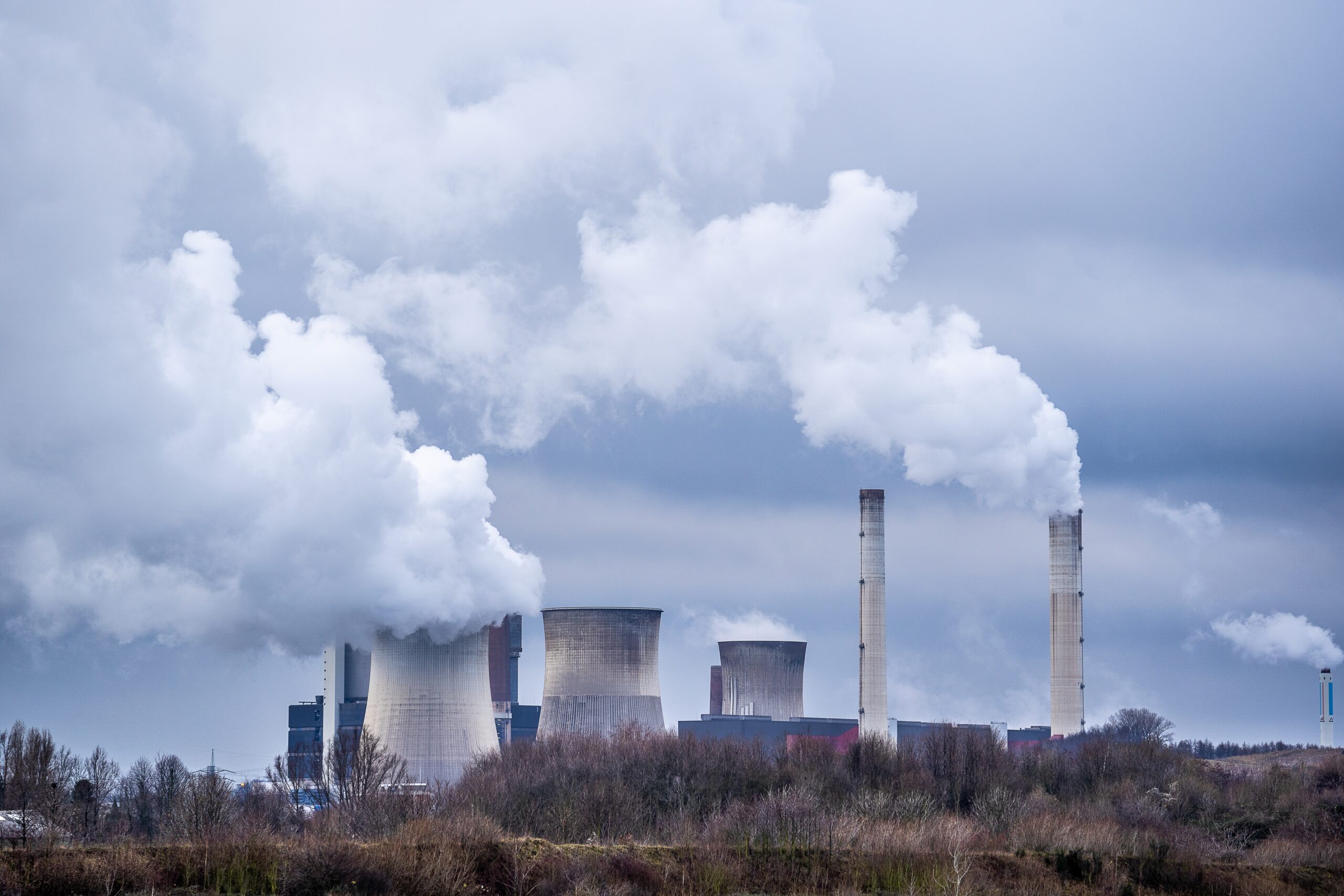Environmental Politics: The Ongoing Struggle for Climate Change Action
In the realm of environmental politics, the battle for meaningful action on climate change is more critical than ever. As the consequences of climate change become increasingly apparent, political discourse surrounding environmental issues has intensified. In this article, we will explore the complex and often contentious world of environmental politics, offering expert insights grounded in practical experience, scientific data, deep knowledge, and comprehensive studies. Join us as we delve into the ongoing fight for climate change action.

The Global Climate Crisis
The Urgency of Climate Change
At its core, climate change presents a global crisis with far-reaching consequences. From rising temperatures and sea levels to extreme weather events, the impacts are undeniable. Immediate
action
s
are
must be done to mitigate these effects.
International Agreements and Commitments
The Paris Agreement, signed by numerous nations, represents a global commitment to combat climate change. Such agreements set targets for reducing greenhouse gas emissions and provide a framework for coordinated action.
The Role of National Policies
Nation-Specific Approaches
Countries vary in their approaches to addressing climate change. Some implement ambitious renewable energy targets and carbon pricing, while others face political hurdles in enacting substantial environmental policies.
Political Will and Prioritization
The level of political will and prioritization of climate change action varies greatly among nations. Leadership and public support are instrumental in driving meaningful change.
Environmental Advocacy and Activism

Grassroots Movements and Demonstrations
Environmental advocacy and activism have gained momentum worldwide. Grassroots movements, such as the youth-led Fridays for Future, are pushing for climate action through protests, strikes, and demonstrations.
Corporate Responsibility and Divestment
Businesses are increasingly being held accountable for their environmental impact. Divestment campaigns target institutions and companies with ties to fossil fuels, advocating for sustainable practices.
Challenges and Skepticism
Economic Concerns and Transition
Transitioning to a sustainable, low-carbon economy presents economic challenges. Balancing environmental priorities with economic stability is a recurring debate in environmental politics.
Climate Change Denial and Misinformation
Skepticism and denial of climate change, often fueled by misinformation, pose obstacles to action. Debunking myths and ensuring access to accurate information is crucial.
The Promise of Technological Innovation
Renewable Energy Advancements
Technological innovation is driving the development of renewable energy sources. Solar and wind power, as well as breakthroughs in energy storage, have the potential to reshape the energy landscape.
Environmental politics is at the forefront of global discourse, as the urgency of climate change demands immediate and sustained action. From international agreements to national policies and grassroots activism, the battle for climate change action is complex and multifaceted.
However, this battle is not without challenges, including economic concerns and skepticism. Navigating the path to climate action will require a balance between environmental priorities and economic stability.
Technological innovation offers promise, with renewable energy advancements leading the way toward a more sustainable future. As we continue to navigate the intricate world of environmental politics, the importance of informed decision-making, political will, and collective global action cannot be overstated. The fight for climate change action is ongoing, but the stakes are too high to relent in our pursuit of a more sustainable and resilient world.








































